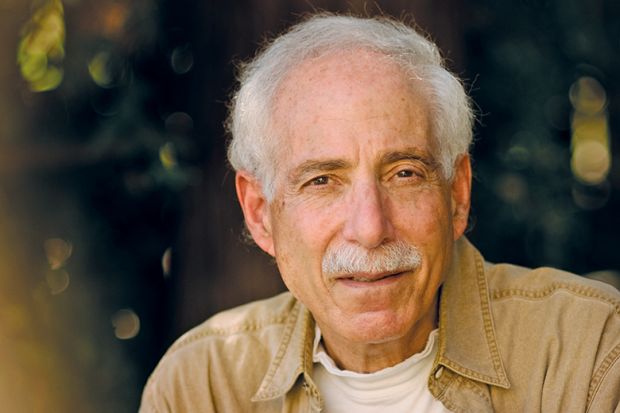An award-winning literary scholar and translator has died.
John Felstiner was born in Mount Vernon, New York in July 1936 and educated at Phillips Exeter Academy in New Hampshire before going on to Harvard University (1958). He spent three years with the US Navy in the Mediterranean and then returned to Harvard for a PhD (1965). He served as professor of English at Stanford University for the whole period from 1965 until he retired and became emeritus in 2009, although this included visiting positions at the University of Chile, the Hebrew University of Jerusalem and Yale University.
An acclaimed translator, Professor Felstiner was probably best known for his renderings and analysis of the work of the German-language Jewish poet Paul Celan. His 1995 book, Paul Celan: Poet, Survivor, Jew, was awarded the Truman Capote Award for Literary Criticism. He also built up a large collection of Celan manuscripts and letters, which are now housed in Indiana University’s Lilly Library in Bloomington.
His year in Chile (1966-67) spurred Professor Felstiner to produce translations of the Nobel laureate Pablo Neruda, published as Translating Neruda: The Way to Macchu Picchu (1980). He also wrote important critical works on writers such as Samuel Beckett, Emily Dickinson and Franz Kafka.
Always politically active, Professor Felstiner was a committed opponent of the Vietnam War and often spoke up for the rights of oppressed writers in countries such as Chile and Russia. He was also a great lover of the outdoors, regularly embarking on hiking trips around San Francisco and in Maine. In later life, he brought together his literary and environmental concerns in his 2009 book, Can Poetry Save the Earth?: A Field Guide to Nature Poems, and founded the Save the Earth Poetry Contest for secondary school pupils.
Professor Felstiner found it deeply distressing when he was giving a class in 2012 and couldn’t remember the name of Emily Dickinson, one of his favourite poets. This proved to be an early sign of primary progressive aphasia, although he continued to keep fit and to work on a final book, Memoirs of a Maverick Translator. While the task became more and more difficult as words began to fail him and he was forced to keep piles of thesauri and dictionaries on his desk, he was determined enough to ensure its completion.
Professor Felstiner died on 24 February and is survived by his wife, the distinguished critic and historian Mary Lowenthal Felstiner, a son, a daughter and two grandchildren.
Register to continue
Why register?
- Registration is free and only takes a moment
- Once registered, you can read 3 articles a month
- Sign up for our newsletter
Subscribe
Or subscribe for unlimited access to:
- Unlimited access to news, views, insights & reviews
- Digital editions
- Digital access to THE’s university and college rankings analysis
Already registered or a current subscriber?








